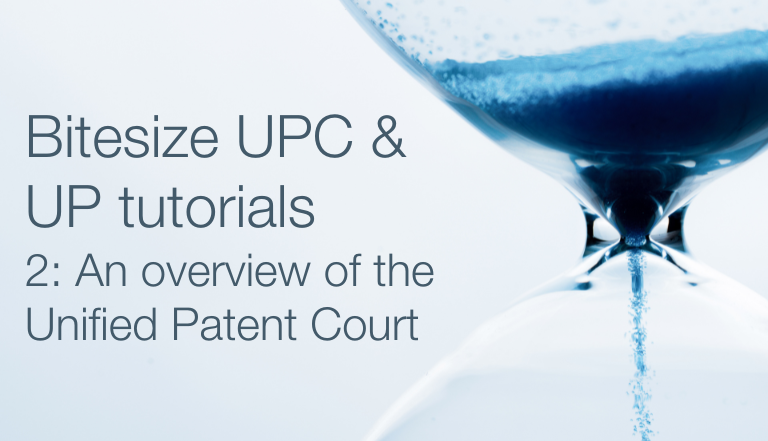A unitary patent demands a new court to handle the infringement and validity disputes that will inevitably follow. This is the Unified Patent Court or UPC.
The Unified Patent Court was set up by the 2013 UPC Agreement. Parts of this agreement entered into legal force in January 2022, meaning that the new court now exists as a legal institution. It is busy recruiting judges and other staff and its IT systems are being completed. The current expectation is that the new court will enter into full operation and start accepting its first cases in the first half of 2023.
The UPC will hear all infringement and validity cases concerning the new unitary patents. However, its jurisdiction goes further than that. The UPC will also be able to decide disputes concerning non-unitary European patents that have been validated in the UPC-participating countries.
Ultimately, the aim is that the UPC will effectively replace the national courts that currently hear patent cases in the participating countries, for the majority of patent disputes. However, there are important transitional provisions that mean that, for many years to come, national courts in the participating countries will continue to be able to hear patent disputes concerning non-unitary European patents, as well as the UPC.
Another very important transitional provision is that proprietors of non-unitary European patents will be able to opt-out of the competence of the UPC, meaning that only the national courts will be able to hear legal disputes concerning the opted-out patents.
In time, the UPC may well become one of the important venues for the resolution of patent disputes in Europe. However, national courts and the UPC will operate in parallel for many years to come. And for countries not participating in the UPC, their national courts will remain the only venue for resolving patent disputes in those jurisdictions.



